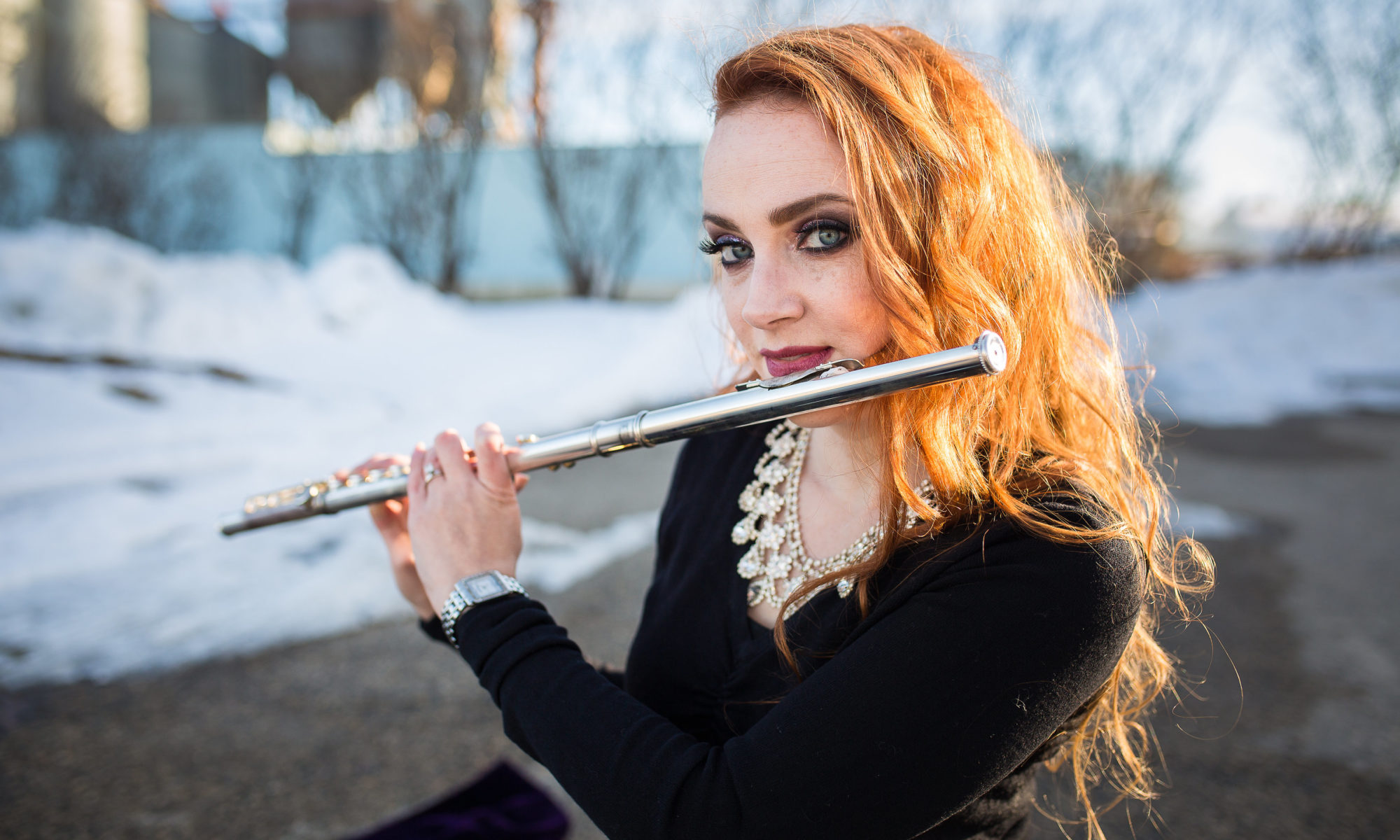The Atlanta Flute Fair was held on Saturday, 25 February 2012 at Georgia Perimeter College in metropolitan Atlanta. We were fortunate enough to have Ian Clarke as our guest artist; he had just come from the Mid-Atlantic Flute Fair the week before. I knew some of his music after Zoom Tube was used by the National Flute Association for the 2006 Young Artist Competition but had never heard him play.
New to the Atlanta Flute Fair this year was a series of workshops. We had three great presentations this year on various editions of Mozart, alternate and sensitive fingerings, and career development. Next year, I hope to expand this portion of the event to include more workshops. (Keep an eye out for our Call for Proposals for 2013!)
We had a large number of vendors in the exhibit hall this year, and we were also treated to a short concert by the New York-based flute duo Flutronix in the hall. Unfortunately, I had to do a bunch of running around and couldn’t spend as much time in the exhibit hall as I would have liked, but it was good to see a lot of familiar faces there.
There were a number of performances this year. The annual Young Artist Competition featured three excellent finalists: Brittney Balkcom, Daniela Volkovinsky, and Thomas Wible. We also heard a recital given by last year’s Young Artist winner, David Graham. Our new competition, the Junior Artist, included a short recital as its prize, so we heard a very nice performance by Claire Della Mahon. The main performance of the day was given by Ian Clarke. His program consisted of his works with the exception of one Stockhausen piece, Xi. The program was quite varied, including older and newer works. There was also a contrast in the mood of the works, which ranged from serious to light. The entire program:
Maya
Hypnosis
The Great Train Race
Beverley
Orange Dawn
Xi – Karlheinz Stockhausen
Hatching Aliens (II. Alien Chill Out/Blue Alien)
Sunstreams
Touching the Ether
The Mad Hatter
One of the highlights of the day was the workshop led by Ian Clarke. He took us through a very quick introduction to various extended techniques that are called for in his works. This included alternate fingerings, microtones, percussive articulation, singing and playing, jet whistle, and multiphonics. The most important idea that struck me was how he approached ideas that may be new or intimidating. Instead of reacting with anxiety, he reacted by saying, “Good!” and by getting excited. He explained that it is an opportunity to learn something new and it might not be something you will master immediately, but the idea has been introduced and can grow from there. The more difficult or advanced the technique was, the more “exciting” is was. I think this is a fundamentally different way to look at technical difficulties, and what a paradigm shift it is! I frequently encounter extended techniques but still felt a noticeable difference in my approach to reading complex musical notation during the workshop when I thought of it as an opportunity instead of a challenge.
Ian Clarke also gave a masterclass, and two of the participants played Orange Dawn, which is another of his compositions. Since I’m unfamiliar with the work, it was particularly useful to get some perspective from the composer himself.
The next day, I enjoyed a nice chat with Ian as I drove him to the Atlanta airport. (My daughter compared his accent to those she has heard on one of her favorite shows, Keeping Up Appearances.) We have a teacher in common, Kate Lukas, so that was a fun connection to make. And I was left with a book recommendation: The Master and His Emissary by Iain McGilchrist.
Overall, it was an excellent day. It was great to make some new flute friends and meet up with colleagues. And I can’t say enough good stuff about Ian Clarke. He’s a class act – very genuine, a fantastic player, a composer with a distinct voice, and an effective teacher. He’s quite an asset to the flute community, and I encourage you to check him out if you aren’t already familiar with his work.
